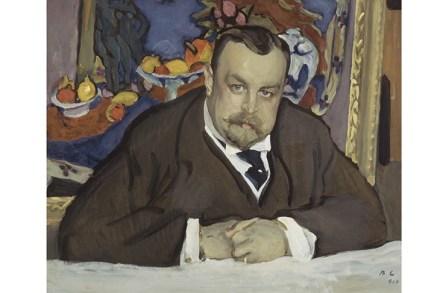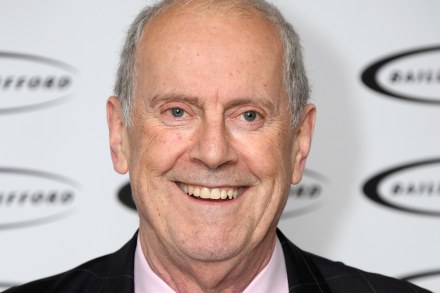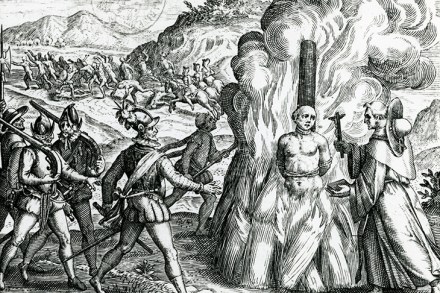Ivan Morozov: the Russian businessman with a passion for the avant-garde
If you want to see the very best of Gauguin and Matisse, go east. That was the case in 1914 and it’s still true today. The reason, then and now, lay in the collecting habits, both discerning and extravagantly acquisitive, of two men: Sergei Shchukin and Ivan Morozov. The first of these has already been the subject of a notable book by Natalya Semenova; the present work is its sequel. Although long since ‘nationalised’, the pictures these two men owned are still among the principal treasures of the Hermitage in St Petersburg and the Pushkin Museum, Moscow. On a visit to Moscow in 1928 Alfred Barr, the director of the





















